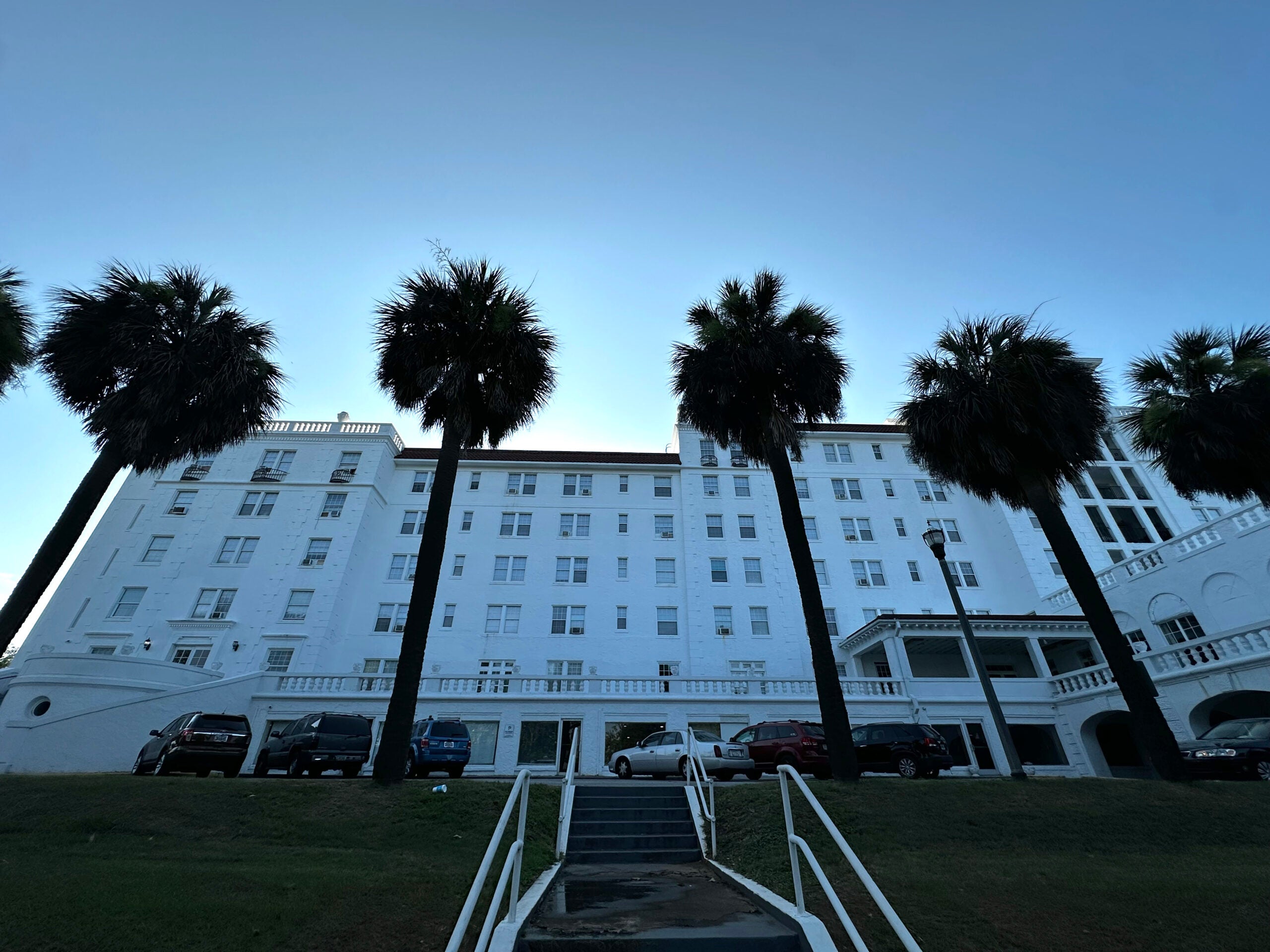Local and state government can do very little to fix the deplorable Bon Air Apartments. In fact, HUD has not conducted an inspection of the apartments since 2019.
A hearing initially scheduled for July 22 was postponed to August 5. I suspect the reasoning was to give the city time to figure out its legal options. To date, the focus has been on pulling the business license.
Really? Is that the best that can be done?
Pulling the business license of the management company will accomplish nothing other than saving the company money by not having to pay for the license. It might even make it harder for the Bon Air to engage and pay vendors for much-needed repairs. Also, since the management company is not local, there is no real penalty. They can simply operate remotely.
The city won’t condemn the property because they would then have to figure out where to house all the people living there. Attempting to condemn the property would be met with a swift legal challenge from the property owners, who would likely prevail.
Neither the Blight Ordinance nor Code Enforcement can solve the issue, either. The city would face legal challenges, minimal repairs, and increased displacement of residents.
I predict that the city will not pull the business license. It’s a pointless gesture that allows commissioners to say, “Look, we did something.”
Georgia’s Department of Community Affairs (DCA) is supposed to inspect projects like the Bon Air, Maxwell House, and Richmond Summit at least once every three years. A Freedom of Information Act request I filed revealed that there hasn’t been an inspection since 2019. It took nearly two months to get that response, and I still don’t have the inspection report from 2019. Clearly, anyone with the power to act doesn’t care. It was only after asking Congressman Rick Allen’s office for help that any response came from HUD.
The reality is that nothing can be done about these Section 42 HUD projects that create blight in our city. These complexes are part of the Low-Income Housing Tax Credit (LIHTC) program.
Here’s how the program works:
Developers buy a piece of land, build apartments, and the government reimburses the developer in the form of tax credits covering 40–50% of the project cost. These tax credits are then sold to large corporations, often for 70 to 80 cents on the dollar, providing cash to the developer. The end result is that the developer is able to build an apartment complex for about 60% of the original cost.
In return, the developer agrees to follow HUD’s guidelines on rental rates. Without getting too technical—because each LIHTC program is slightly different—the developer can only lease to lower-income residents and can only charge a certain percentage of what HUD defines as “market rates.”
This restriction usually lasts for 15–20 years, depending on the program.
Typically, developers build the apartments, take the tax credits, and then sell the project to a national firm that specializes in owning and managing these types of complexes. These projects often change hands many times over 20 years, and only rarely does the original builder retain ownership.
HUD normally regulates maintenance conditions at LIHTC properties. Annual inspections are the minimum standard. It is surprising that the Bon Air hasn’t been inspected by HUD since 2019. Traditional apartment owners tend to avoid LIHTC properties because HUD’s maintenance guidelines are so strict.
These properties are generally problematic for local communities. Low-income apartment complexes typically have higher crime rates and more maintenance issues. After 20 years, these projects are often blighted, dilapidated, and in disrepair due to years of neglect.
This is why developers renew tax credits at the end of the initial period. By renewing, they receive a large influx of cash to make property improvements. These improvements are usually financed, and the tax credits the owner receives are sold and converted into cash. The cycle continues.
If a property owner chose to convert the property to a normal market-rate apartment complex at the end of the 20-year lockout period, there are still restrictions. Typically, there is a multi-year compliance period during which the owner must continue to meet HUD rental rates. This makes it nearly impossible to turn a profit during those years.
Removing one of these apartment buildings from the LIHTC program before the end of the 20-year period would literally require congressional action. If we can’t get HUD to inspect the property, it’s unlikely that Congress will care enough to intervene.
What Can Be Done?
Stop approving new LIHTC properties. Slick presentations showcasing brand-new apartments with amenities leave politicians impressed and zoning boards compliant. They fail to recognize that while they complain about LIHTC projects one day, they approve more of the same the next. It may take 20 years for these new projects to become as bad as Bon Air, but I suspect we’ll be reading about their decline soon enough.
There’s a reason Columbia County has not approved a LIHTC project in nearly a decade.
Theoretically, if a group with very deep pockets purchased the Bon Air, they could hire a management company to maintain it until the tax credit term ends. After that, the new owner would have to lose money for several years while operating under HUD rent controls. Once that compliance period ends, the owner could either raze the property or renovate it into market-rate apartments. This scenario would be great for Augusta citizens—but it would require someone willing to spend millions and absorb the negative press of displacing hundreds of low-income families.
The chances of such a buyer stepping forward are slim. In the meantime, residents will continue to live in deplorable conditions.








